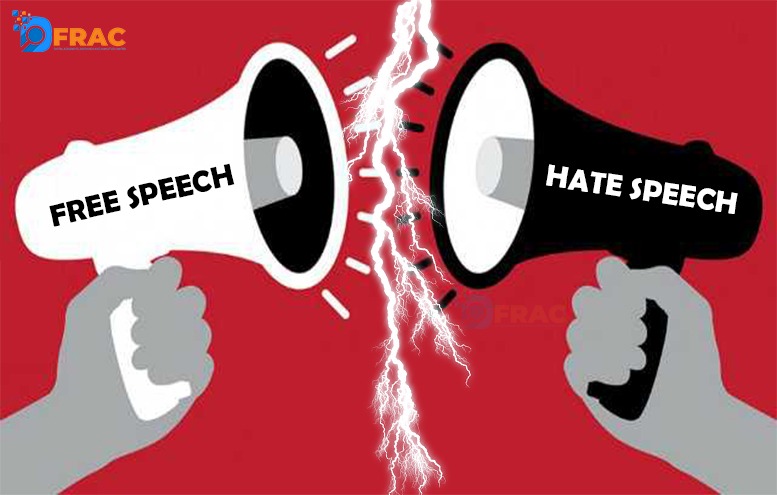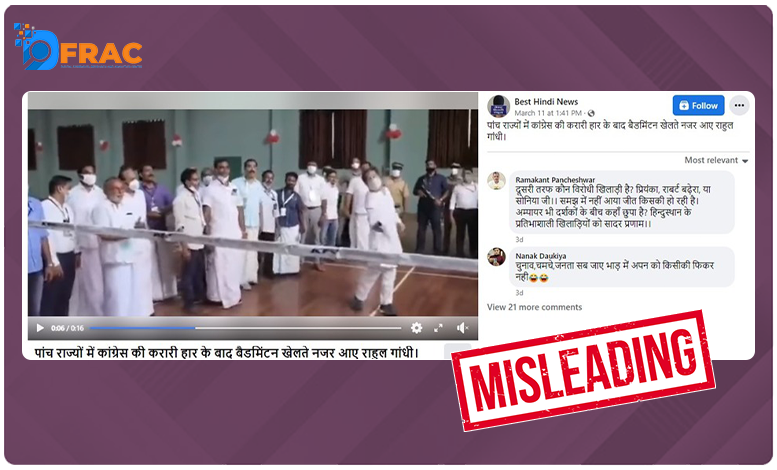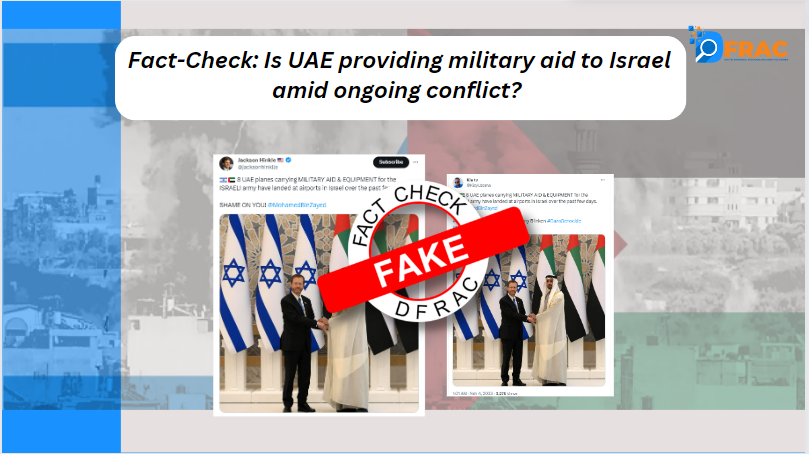This year when legislators in Italy came up with a bill to make hate crime against LGBT community punishable, the Vatican nation got divided. The bill was brought after repeated verbal and physical assaults on the community, but many in the country opposed it as they were not able to accept LGBT norms in a larger open society.
This is just one example how hate speech can at times alter the mindset of the public and how people can rationalize it depending on their beliefs.
Back in India, recently, the government has asked the Supreme Court to take strictness in the cases of hate speech. The matter is related to several cases related to hate speech by political leaders.
One statement becomes hate speech for some and freedom of speech for others. The right to freedom of expression remains entangled in this confusion. Many laws related to freedom of speech exist in our country and there is a ban on statements that disturb unity and peace. Both the use and misuse of these laws are discussed.
By definition, the transmission of any such thing, act or feeling, spoken, written or visible, which incites violence, hurts religious sentiments or creates enmity between any group or community on grounds of religion, race, place of birth and language. It is likely to be covered under hate speech.
In the midst of the noise of tolerance and intolerance, this issue becomes all the more important because at the root of the problem is whether the public and the leaders are able to tolerate what anyone says or not. Can violence be provoked if someone’s words are not tolerated, so it is necessary to rein in the statements by getting them punished through law. Or everyone has the freedom to speak their mind, in this respect there should not be a restriction of law.
Misuse of law
The government petitioner has alleged that the laws related to hate speech interfere with the fundamental rights of freedom of expression. They are being used against people expressing their opinion. It also said that due to the current laws, a person cannot conduct public debate to change the mind of the people because these laws will silence him. Many people agree with the argument.
It has also been seen on many occasions that laws related to hate speech are used to take revenge or to harm someone. For example, in Mumbai, girls who wrote comments related to the late Bal Thackeray on Facebook were arrested under section 66(a) of a complaint by the Shiv Sena party. (Later this law was abolished) There are more such examples, so there is a demand to amend the old laws related to freedom of expression.
Why the law is necessary
Supporters of strict adherence to laws related to hate speech believe that freedom of expression is abused on many occasions. Such statements are made which increase indignation and then in the name of free speech they are cut off. In such a situation, it is necessary to strictly curb hate speech. Laws still exist, but how often are they strictly enforced? Even in this case, the government has said in its affidavit that laws related to hate speech are necessary for us. The biggest reason for this is that if people do such things or spread things without any fear, which will increase the envy or hatred among the people, then there is a possibility of increasing conflict in the society. The matter can even reach to the extent of creating riots, which disturb the law and peace in the society. Therefore, the laws which are there should be strictly followed and if need be, new laws should also be made. This will curb provocative statements and law and order will be maintained.
Current laws
There are still many such laws in our country which are related to freedom of expression and hate speech. There are protests against these laws from time to time. Some of these sections have been used in this case as well.
Section 295A
The offense of outraging the religious sentiments of any class of Indian citizens by writing, speaking, signing or other means, insulting religion or attempting to do so comes under this section.
Punishment: Imprisonment for a term which may extend to three years, or with fine, or with both.
Section 153A
Promoting the feeling of hatred or disturbing the peace and order on grounds of religion, race, caste, place of birth, place of birth, place of residence, language, sect or any other means through written, oral, sign or other means comes under this section.
Punishment: Imprisonment for a term which may extend to three years, or with fine, or with both.
Section 499
This is a defamation section of the IPC. Under this, the offense of saying such thing about any person in writing, oral, sign or other means, which causes damage to his social prestige or prestige.
Punishment: Imprisonment for up to two years, or fine, or both.
Section 124A
This section of IPC is related to sedition. Under this, the person can be punished who tries to spread hatred against the Government of India or incites against the government or contempt of the government.
Punishment: May range from imprisonment for a few years to imprisonment for life.
Section 505
Under this section, spreading or publishing such rumors or news, which increases the feeling of fear among the public. It also includes making inflammatory talk towards any religion, caste or language. This section, which has been running since the year 1860, is non-bailable.
Punishment: Imprisonment for up to two years, or a heavy fine, or both.
Contents of Court Act
According to the constitution, no decision of the court can be condemned. Legal experts can only analyze different aspects. If you do not agree with the decision, only appeal can be made to the higher court.
Punishment: The punishment for contempt of court is decided by the court itself.
So the need of the hour is to not just preview and analyze the laws to meet the modern day social and technological changes, but also to use them judiciously.





